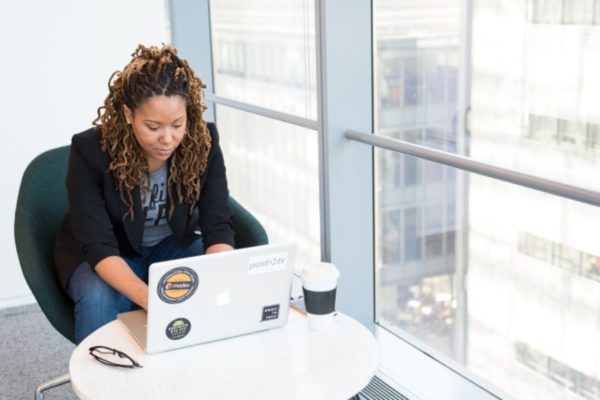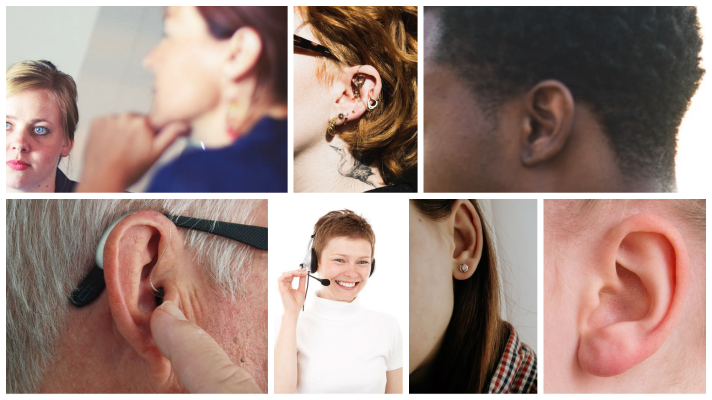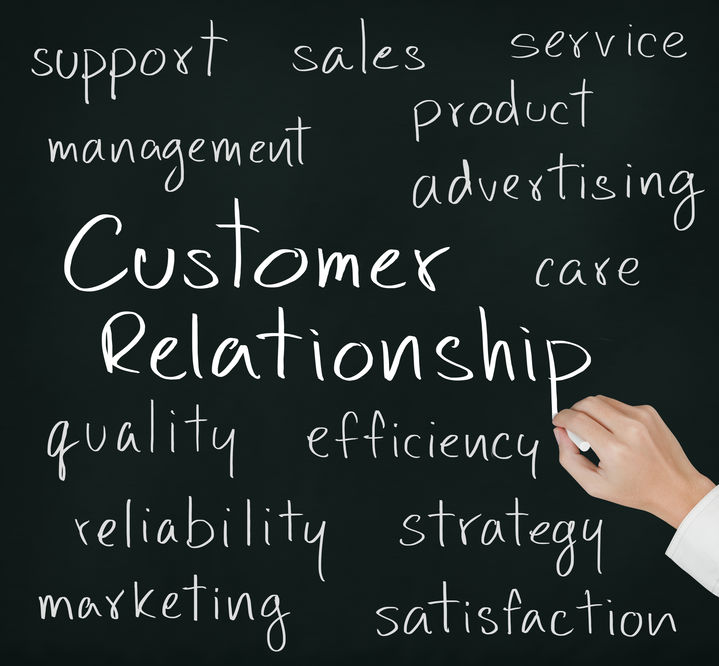
E.G. Insight Announces New Alliances
April 10, 2018
Expert Conversations – CX Evangelist Debbie Szumylo of Thomson Reuters
December 8, 2019The Essential Work of Talking to Your Customers
We’ve heard a lot recently about “essential work.” Physicians, nurses, and medical assistants? Essential. Grocery store clerks, cashiers, and trash collectors? Essential. Teachers and law enforcement? Essential. For those of us in the office, tasks have similarly been divided between “nice to do” and “need to do” as we scramble to reschedule meetings, cancel travel, and adjust schedules. But with the first weeks of lockdown in the rearview mirror, those initial fire drills have diminished. If you’re like me, you’ve managed to carve out a decent workspace in your home, can whip a face mask on like a pro, and have (mostly) mastered the art of the Zoom mute button when pets and children decide to crash a meeting. So what can we revisit that we put on the back burner in mid-March? We suggest reaching out to your customers for a conversation. Here’s why:
- What’s changed?
Like you, your customers’ worlds have been rocked and it’s important for you to know how. While some of these changes will be temporary, it’s likely that Covid-19 will forever alter how we work together. In an April 8 interview with LinkedIn, Bill Gates predicted that things like business travel and board meetings may never go back to how they were pre-pandemic. So how does that apply to your customer? What challenges are they facing with the near-term arrangements? How do they envision their work once restrictions have lifted? If we’ve learned anything from this, it’s the importance of being prepared for the answers to such questions. You may need to pivot quickly to meet their “new normal.”
- What’s the protocol?
Now that things have changed, how do your customers prefer to communicate and be communicated with? Do processes need to be modified? There are likely obvious changes that were noted and tackled right away, but what about the less obvious? Are there furloughs in place you need to know about? What about financial arrangements and billing? Have contacts and e-mail addresses stayed the same? Should you send reports to the same people? What are other suppliers doing that you should be replicating? Anything you can do to learn and anticipate such shifts will make your customer’s life (and yours) easier.
- We have the technology.
We’re big proponents of in-person meetings. As you’ve no doubt noticed in these weeks and weeks of WebEx, as advanced as the tech has gotten, it’s still not quite the same as being in the same room. But right now this is our reality, and actually, it’s pretty darn good! The video is quality is better than it’s ever been. And depending on your platform, there are all sorts of features—from breakout rooms to chat functions to polls—that make virtual gatherings effective and fun. Even better, people are getting into the rhythm of meeting online, which will make your conversations smoother and more natural. Just because you can’t shake hands in the same room doesn’t mean you need to quit talking altogether.
- Human connection.
In the beginning days of quarantine, I had a meeting scheduled with an overseas client. It was early in the morning, long, and seemed a little irrelevant as I watched my world seemingly collapse around me. But once we started talking, I realized how hungry I was to hear a new voice at the other end of the line. As we started discussing the task at hand, it reminded me that the work I do is important and valued and that our world and economies continue to move along (albeit in a significantly altered fashion). By the end of the meeting I felt refreshed and inspired. It ended up being the high point of my week, and it reminded me that the mere act of dialogue and connection is vital for our mental and emotional health. It’s likely that in addition to the very real practical value of reaching out, your customers will also appreciate the benefits of a good conversation.
The upshot? We understand hesitancy around contacting your customers during a global pandemic. And you should absolutely be mindful of their schedules, challenges, and appetite for engagement right now. But we encourage you to see this as a rare opportunity to connect with your most important contacts in a totally different way. There is a lot to learn and everyone will benefit greatly from the engagement.




